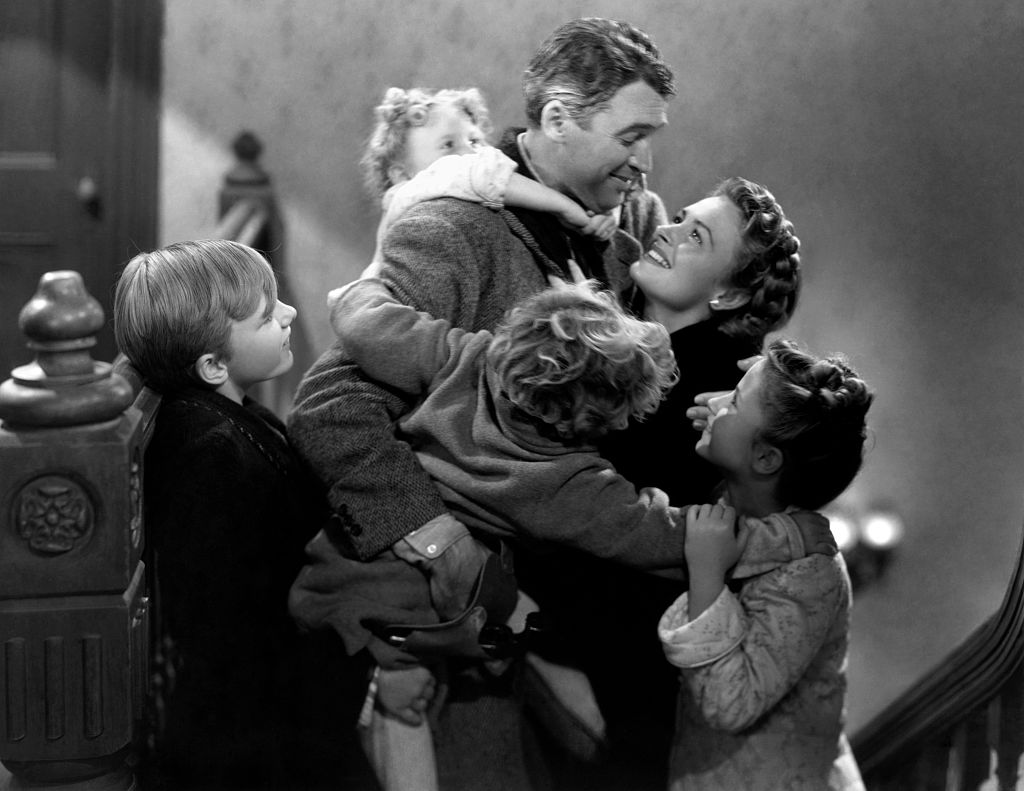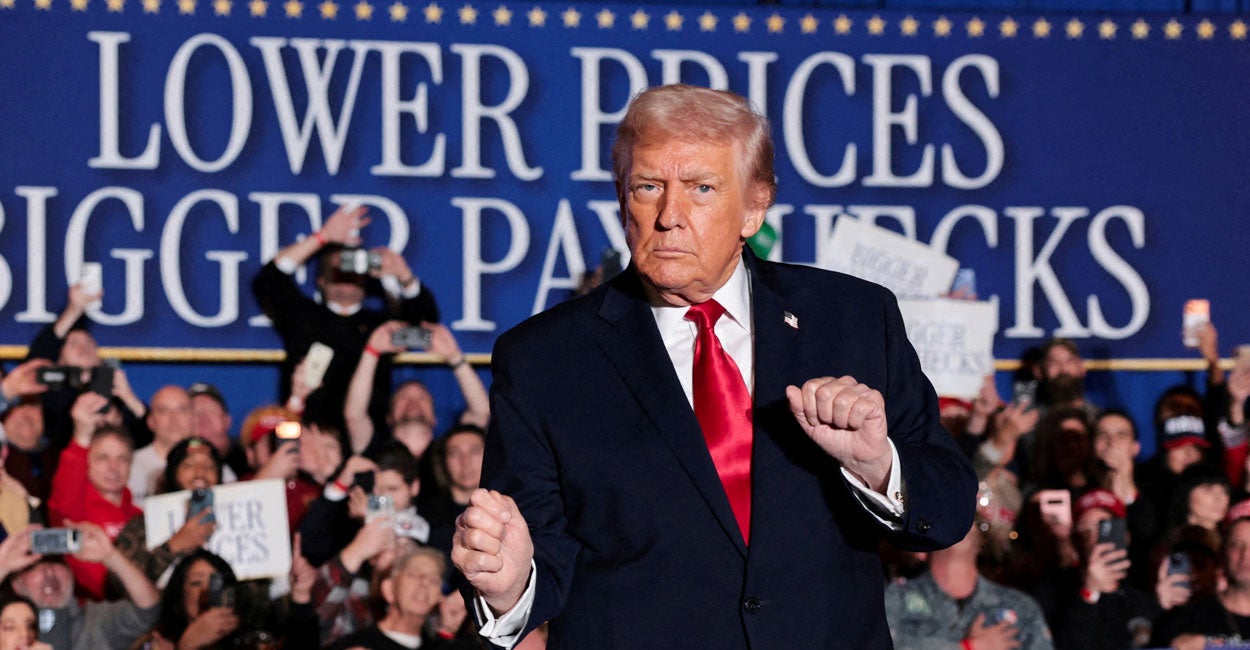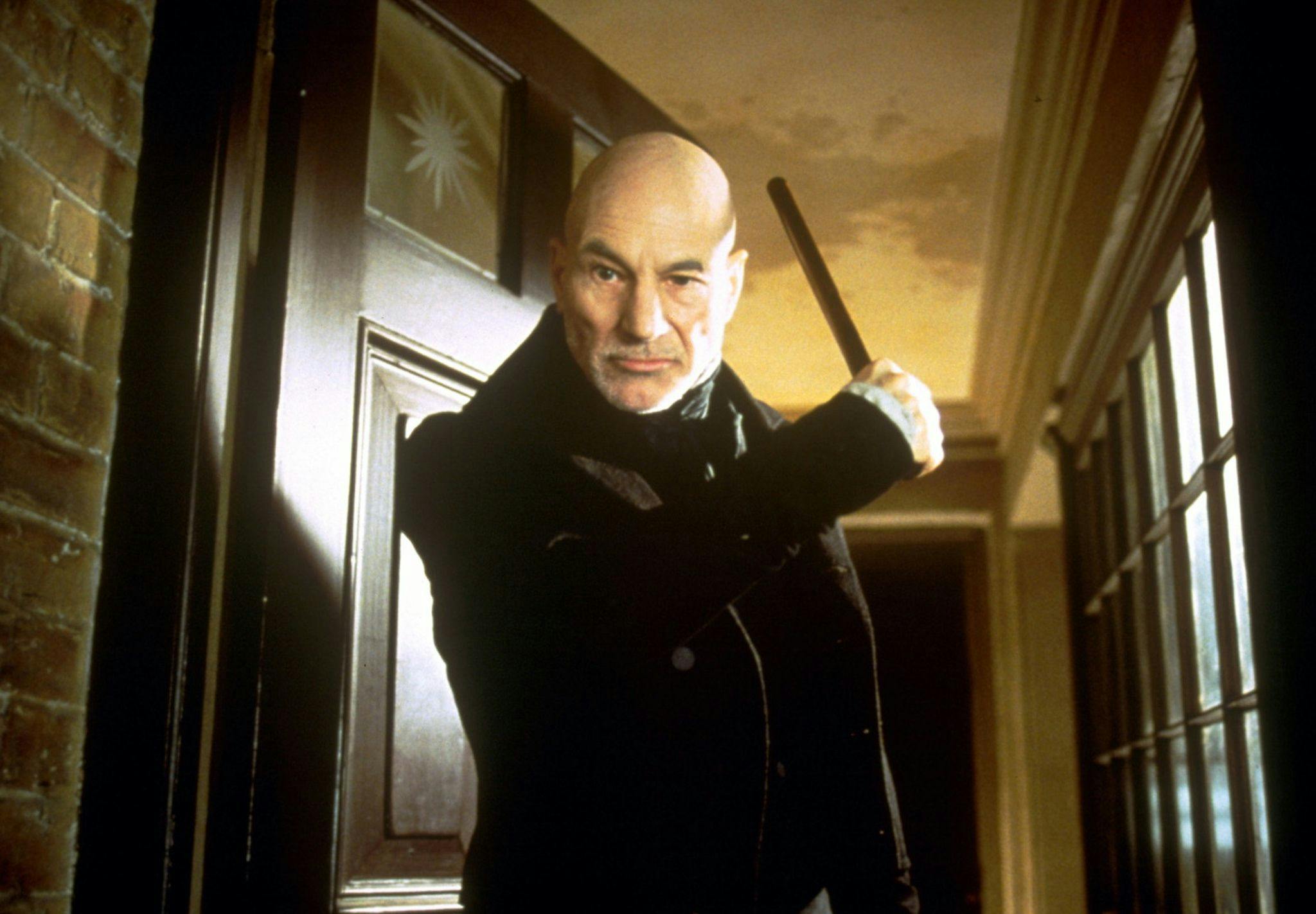Joni Ernst Pulls Back the Curtain on Key Senate Effort to Fight the Deep State in the One Big, Beautiful Bill

Federal bureaucrats can act like a “deep state,” opposing the people’s elected president from within his own executive branch, in part because public-sector unions protect them, and taxpayers unwittingly pay bureaucrats for work they do for these unions.
Live Your Best Retirement
Fun • Funds • Fitness • Freedom
The Republican Congress aims to claw back some of this money in the “One Big, Beautiful Bill,” and Sen. Joni Ernst, R-Iowa, gave The Daily Signal an inside look at the negotiations involved.
“The federal government is actually footing the bill for these unions, which means that the taxpayers are footing the bill for the federal government to foot the bill for these unions that are working against the federal government and the taxpayers, so it just really doesn’t make sense,” Ernst said at an event with the Public Labor Unions Accountability Committee Wednesday morning.
“We have been spending hundreds of millions of dollars every single year on these union bosses that are arguing with our agencies on very trivial things,” such as “employees’ ability to work from their couches,” she explained. The unions also fight to protect bureaucrats from getting fired, which arguably enables the deep state.
Ernst, who chairs the Senate DOGE Caucus, noted that “rooting out this kind of waste is exactly why DOGE exists.”
Bureaucrats billed taxpayers $160 million in the 2019 fiscal year for time worked for unions (known as “official time”), the last full year of available data before the Office of Personnel Management under President Joe Biden stopped publishing the data in 2021. Ernst demanded official time figures from 24 federal agencies in December 2024, but only three gave her data.
The Nuclear Regulatory Commission spent $420,074 in the 2024 fiscal year, up from its 2019 figure of $377,056. NASA, meanwhile, spent $893,620 on official time in 2024, up from $641,037 in 2019. The Defense Health Agency, which oversees health benefits for servicemembers, said its bureaucrats spent 87,000 hours working for unions, costing $3.3 million total for fiscal years 2023 and 2024.
The One Big, Beautiful Bill
Ernst has proposed a fee to recoup for the taxpayer some of the money bureaucrats bill for hours they spend doing work for the union, but Senate Parliamentarian Elizabeth MacDonough ruled against it.
“We’d try and establish a fee, but it wasn’t enough to make it Byrd bath-proof, so we’ll go back,” Ernst told The Daily Signal in a press gaggle Wednesday morning.
Major legislation requires 60 votes to pass the U.S. Senate, unless it deals with budget matters, which can pass with a bare majority under budget reconciliation. The “Byrd bath” involves the Senate parliamentarian going through the provisions of a reconciliation bill, like the One Big, Beautiful Bill, to determine if they meet the threshold for budget considerations, known as the Byrd Rule after former Sen. Robert Byrd.
Ernst told The Daily Signal that the fee wasn’t high enough and that MacDonough had other concerns “based in policy.”
“We need to work through this,” Ernst said. “We’re going to tweak the language a little bit.”
As of Wednesday afternoon, Ernst’s office had not yet secured MacDonough’s approval for keeping the proposal in the reconciliation bill.
Deep State Opposition
A recent poll found that a whopping 75% of Washington, D.C.-based federal employees making $75,000 or more per year who voted for Democrat presidential nominee Kamala Harris in November said they would not follow a lawful order from President Donald Trump if they considered it bad policy.
While many bureaucrats may faithfully work for the U.S. government under any president, this poll suggests that some staff inside the federal government may operate as a deep state, working against the goals of the current president.
Only 5.9% of private sector workers were union members last year, while 32% of public sector workers had joined unions, according to the Bureau of Labor Statistics. The aggregate number of employees belonging to unions in the public sector (7 million) was roughly the same as those in the private sector (7.2 million).
Even President Franklin D. Roosevelt, whose New Deal created the administrative state, opposed unions within the federal government, but President John F. Kennedy allowed them. Then the Civil Service Reform Act of 1979 established collective bargaining rights and “official time” for unions in exchange for government unions foregoing the right to strike.
Public sector unions have secured special benefits for government workers, making them more difficult to fire. Trump has attempted to change the rules, but public sector unions like the American Federation of Government Employees, an affiliate of the AFL-CIO, are filing lawsuits to block his reforms.
My book, “The Woketopus: The Dark Money Cabal Manipulating the Federal Government,” exposes the left-wing groups that staffed and advised the administrative state under Biden. Public sector unions helped fund that influence campaign.
The post Joni Ernst Pulls Back the Curtain on Key Senate Effort to Fight the Deep State in the One Big, Beautiful Bill appeared first on The Daily Signal.
Originally Published at Daily Wire, Daily Signal, or The Blaze
What's Your Reaction?
 Like
0
Like
0
 Dislike
0
Dislike
0
 Love
0
Love
0
 Funny
0
Funny
0
 Angry
0
Angry
0
 Sad
0
Sad
0
 Wow
0
Wow
0












































































